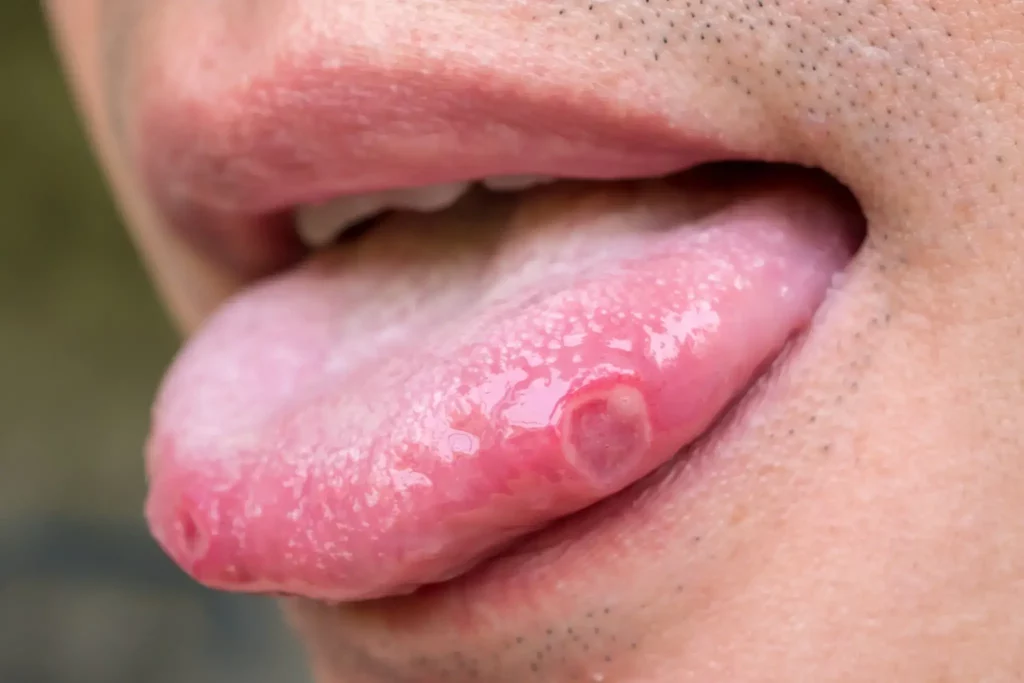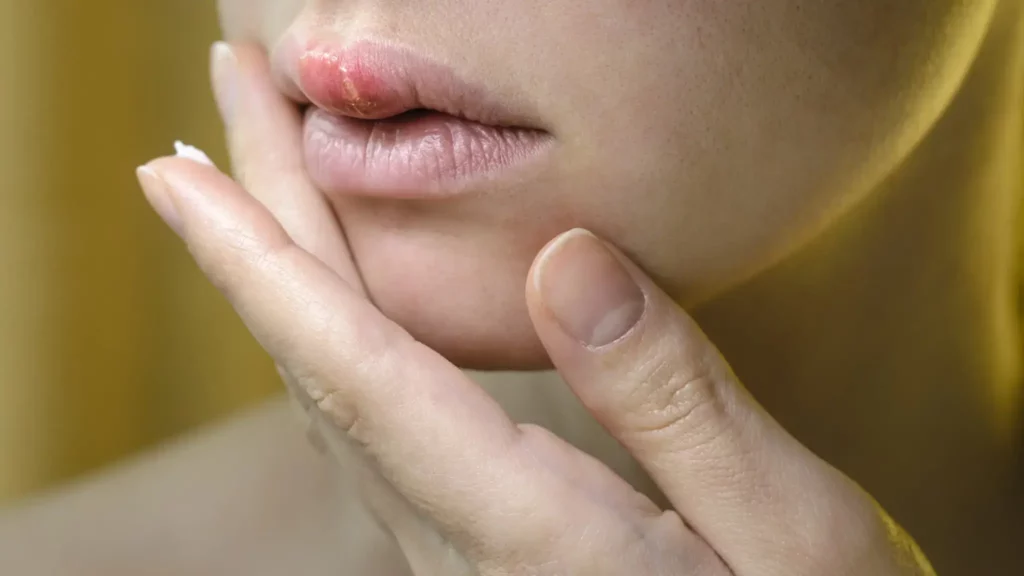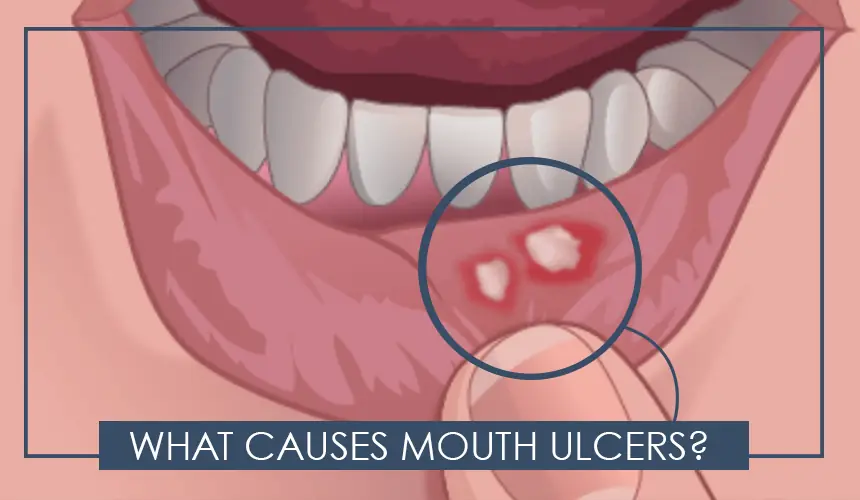What causes mouth ulcers? Mouth ulcers, also known as canker sores, are small and uncomfortable lesions in your mouth and gums. Mouth ulcers can make drinking, eating, chewing, and talking a very painful experience.
Although mouth ulcers aren’t contagious and usually disappear within one to two weeks, you need to see your dentist. You must mention that every time you notice something different in your teeth and mouth, you should always visit your dentist for a regular check-up and a diagnosis to avoid complications later. Going to your dentist can help you prevent many dental problems that germs and bacteria can cause.
Ulcers may appear on the tongue and the inner tissues of your mouth, such as the inner cheeks, lips, and throat. These wounds are usually gray, white, or yellow, with a red border surrendering them.
What Causes Mouth Ulcers?

What causes mouth ulcers? Some of our bad habits often cause mouth ulcers in our oral health. Here are some of the common factors that produce them:
Mouth ulcers are also related to several health conditions in which medical observation and treatment are required; these are:
Types of Mouth Ulcers

There are different types of mouth ulcers; there are three main types which include the following:
- Herpetiform ulceration (HU): Herpetiform ulcers are a subtype of aphthous ulcers. Their name is related to the sores associated with herpes, as they look alike. Unlike herpes, HU is not contagious. HU ulcers reappear very quickly, which may give the impression that the condition never gets better.
- Minor ulcers: This type can range from about 2 mm up to 8 mm across. These ulcers can take up to 2 weeks to recover and will only cause little or no pain.
- Major ulcers: These types of sores are bigger than minor ulcers. They are most of the time in an irregular shape, maybe raised, and penetrate deeper into the tissue than small ulcers. Major ulcers will take longer to recover from and usually leave scar tissue when they clear.
Treatment for Mouth Ulcers
Most of the time, mouth ulcers will disappear in one to two weeks, depending on the care you give to your mouth. These are some of the recommendations to help you in case you get a mouth ulcer:
Patients can follow tips or home remedies to recover from mouth ulcers. However, please consider that it is always very important to consult a professional as mouth ulcers develop due to different causes.
If patients continue getting ulcers frequently, it will be necessary to keep a record and visit a professional to get a full analysis and discard it is something else in which an alternative approach will be required.
Mouth Ulcers vs. Herpes

Mouth ulcers are little wounds that develop in your mouth. These lesions usually appear on the soft tissue and inner parts of the mouth, teeth, or the roof of the mouth.
They often appear because of a nutritional deficiency or a weak immune system. These wounds are not contagious and commonly go away on their own.
Cold sores, sometimes known as oral herpes or fever blisters, are caused by the herpes virus. These are little sores that are observed on or around the lips.
Two strains of herpes can cause a cold sore: HSV1, which usually happens in the mouth. However, HSV2, commonly found on the genitals, can also cause cold sores. So, different from ulcers, herpes is very contagious.
Mouth Ulcers Prevention
There are also some things you can do to prevent yourself from getting mouth ulcers. See below for some tips to reduce the risk of getting mouth ulcers:
Taking all considerations mentioned above can help you reduce the risk of getting mouth ulcers, which can later produce different oral health problems. Please do not take it as a common problem; remember that there are various reasons for getting them, some of which are due to adverse health conditions. Ensure you keep your mouth clean and follow the tips to avoid them.
Remember, it is imperative to visit your dentist and make a routine to avoid complications and provide proper care to your teeth. In the same way, you take care of your body; you should do it with your mouth and teeth.
Many health problems related to mouth and teeth can be prevented if we get a regular check-ups from our dental hygienist. The sooner a problem is detected, the treatment can be less invasive and without pain.
If you have any questions, ask our dentists and specialist; if you feel or see something different in your mouth, do not wait for a long time and get an examination. Remember, you can contact our dental specialist, and we can get you the best treatment or help you solve any concerns.




Leave a Reply